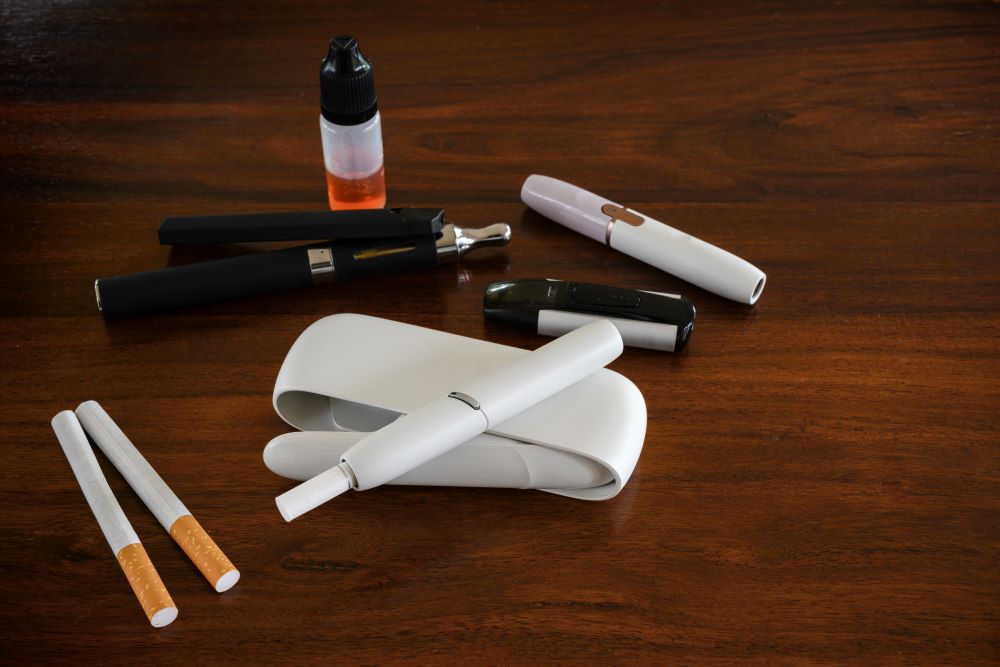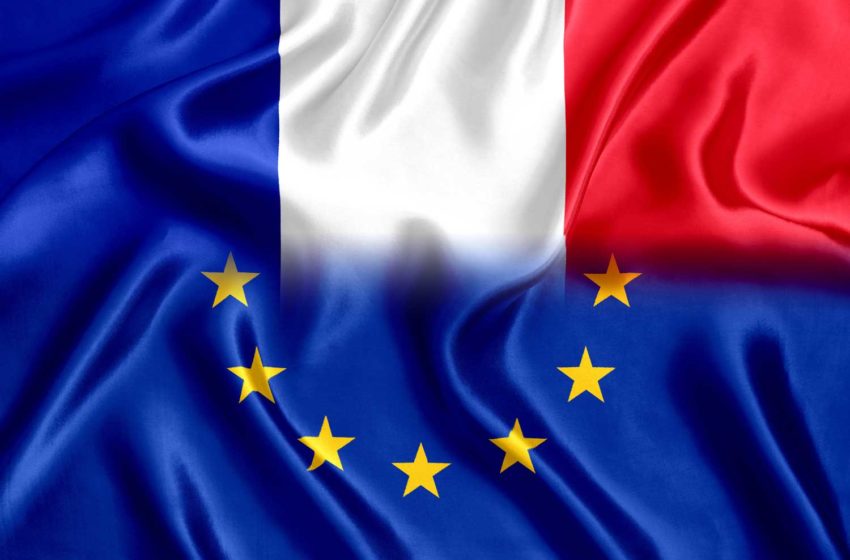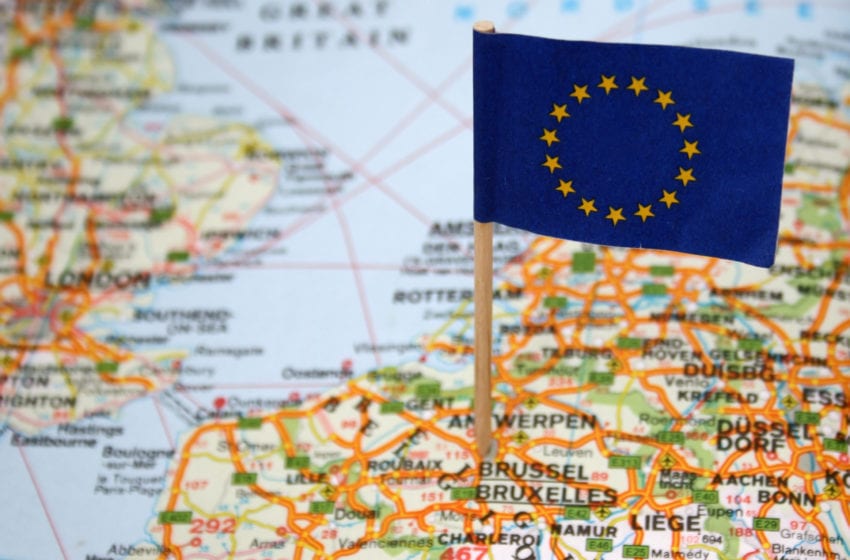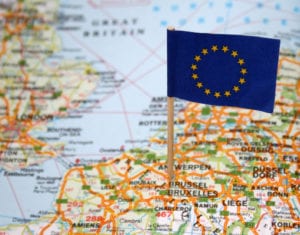A new EU legislative term calls for a strong vaping association willing to fight for the industry.
By Holger Knappenschneider
A new political cycle has kicked off in Brussels, Belgium, with attention increasingly focused on the vapor products sector. With legislative threats once again on the horizon, some in the industry have banded together in the EU’s administrative capital to tell the public health story around vapor products.
The European Parliament vote that saw Ursula von der Leyen appointed as the new president of the European Commission was too close for comfort. Only nine votes separated her victory from a need for the EU member states to go back to the drawing board.
Such a narrow margin shows the fragile nature of the new Parliament’s majority. The two traditional parties—the Socialists and the European People’s Party—can no longer command a majority between them. Smaller parties, such as Renew Europe, the Greens and a nationalist group led by Italy’s Deputy Prime Minister Matteo Salvini, will play a much stronger role in future agreements.
It is against this backdrop that we could see the next iteration of the Tobacco Products Directive (TPD) as well as new rules on tobacco excise taxes.
A medical doctor by training, von der Leyen is expected to put a strong emphasis on health in the upcoming term and has already promised a “European plan to fight cancer” to assist member states in improving cancer control and care. Smoking is, of course, a leading cause of cancer, and the logical response would be for the commission to follow Britain’s lead in encouraging the proliferation of reduced-risk alternatives among smokers.
THE PRESIDENT’S IN-TRAY
Last year, the European Commission quietly announced that it would review the market for electronic cigarettes via its Scientific Committee on Health, Environment and Emerging Risks weeks after that same committee named vaping in its top ten emerging health threats for Europe.
In parallel, the commission convened a working group of member states to review the implementation of the TPD. Known as Joint Action on Tobacco Control, the group’s job will be to sift through the information provided to EU member states in their TPD notifications and look for trends.
A separate group on TPD enforcement convened in Copenhagen, Denmark, earlier this year, with presentations from regulators across Europe discussing issues such as child resistance, short-filled e-liquids and the use of cannabidiol. The event was attended by Katja Bromen, deputy head of the commission’s tobacco control unit. In their downtime, delegates took a canal tour and had a late-night dinner at a local pizza parlor.
We are expecting a report from the commission on the functioning of the current Tobacco Excise Directive any day now. The last three years have seen two public consultations and one report on the subject—and vapor products have featured heavily in all of them. Almost half of EU member states have some form of excise duties imposed on vapor products—although the data shows that consumers find ways around the resulting higher prices—either through parallel imports or short-fill e-liquids.
WHAT HAPPENS NEXT
After the summer break, new commissioners will be appointed to run the Departments for Tax and Public Health. Once the identities of these people are known, the full commission will adopt a work program (expected in November or December) from which we will get a clearer picture of what else is to come before the end of this term in 2024.
Based on what is known so far, we might see proposals for a revised Tobacco Excise Duties Directive and TPD with a strong focus on e-cigarettes. At a push, the new commission might aim to have these key files concluded before the end of the term in 2024, which does not give the industry a lot of time for planning and strategy development.
The fragmented nature of the new Parliament will make it harder for the commission to deliver concrete pieces of legislation, but it makes working with the political system harder for the private sector too.
In anticipation of future developments, several industry representatives came together and formed a pan-European independent vaping alliance: The Independent European Vape Alliance (IEVA).
IEVA is a Brussels-based trade association that wants to unite and represent the vapor sector to promote robust, proportionate and evidence-based regulation for vapor products. The association seeks to ensure that smokers have accurate information about vaping and the harm reduction potential; that the debate around vaping differentiates between vaping and smoking; and that regulation and taxation of vapor products is sensible and takes account of the public health opportunity vaping presents.
“The association gives a strong, singular voice to the [vapor] industry, representing their interests independently from the tobacco sector,” said Dustin Dahlmann, president of IEVA, during a recent roundtable with industry representatives. “One of the main objectives of the association is to ensure that local and community regulations are suited to [vapor]products by obtaining a maximum level playing field in terms of legislation.”
Past experience confirms the importance of a unified approach toward the European Parliament, Commission and Council. More than half of the Members of European Parliament have never served in the chamber—a higher turnover rate than we have previously seen. As a result, policy makers have yet to understand the difference between vaping and smoking, and it is essential that the correct information is conveyed to avoid misunderstandings and legislative proposals based on inaccurate information. By joining forces across Europe, the industry’s arguments can carry more weight, increasing its credibility with policy makers.









